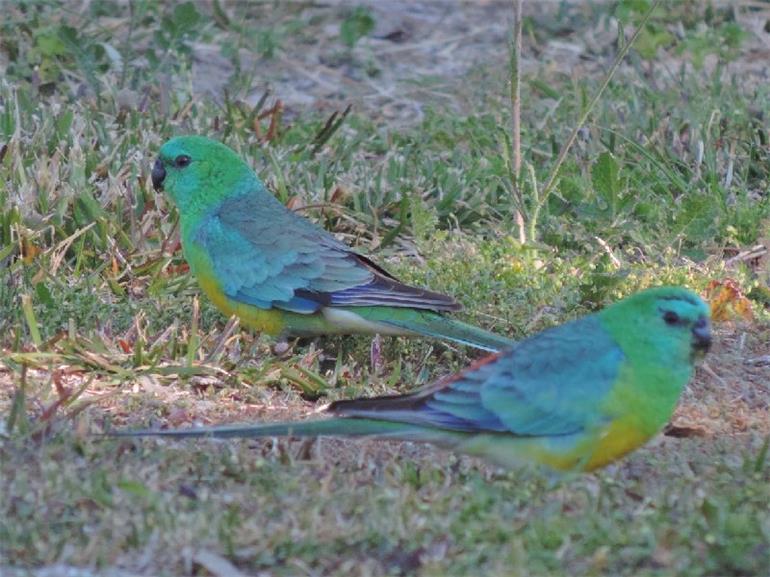Why is this news about FCR - an 'old' immunochemotherapy treatment, so important now that we have non-chemotherapy treatments like Ibrutinib and Idelalisib? Many CLL specialists recognise that for some CLL patients, FCR may be a better choice. Just 6 month's treatment and they can hopefully forget about their CLL for many years, perhaps forever!
REACH (NCT0090051) was an open-label randomized (1:1) phase III trial in relapsed CLL comparing FC with FCR, (that is comparing traditional chemotherapy using Fludarabine+Cyclophosphamide, compared to immunochemotherapy in which the monoclonal CD20 antibody Rituximab/Mabthera is added to the Fludarabine+Cyclophosphamide.) As we now know, FCR was demonstrated to significantly prolong Progression Free Survival (PFS) and most importantly Overall Survival (OS) compared with FC alone in untreated (first-line) patients as well as to improve PFS in previously treated (second-line) patients. FCR is considered the gold standard treatment for CLL, with some patients with the 'right' CLL genetic markers having a PFS in excess of 10 years and considered possibly cured.
Statistical analysis of patients enrolled in REACH has identified INPP5F expression as a prognostic factor for PFS, regardless of adjusting for treatment, age, Binet stage, IGVH mutational status, del(17p) and ECOG performance status. The researchers suggest that INPP5F may serve as a novel, easy-to-assess future prognostic biomarker for fludarabine-based therapy in CLL and "In addition, our data may also support the strategy of combining NF-κB and/or BCL-2 inhibitors to standard therapy in CLL."
More: nature.com/bcj/journal/v5/n...
Neil
Photo: Red rumped parrots on the back lawn
